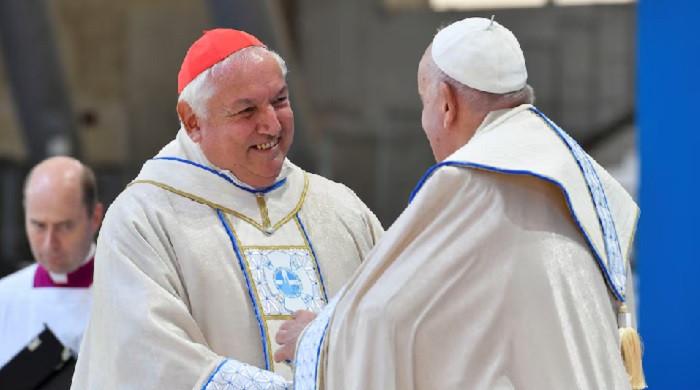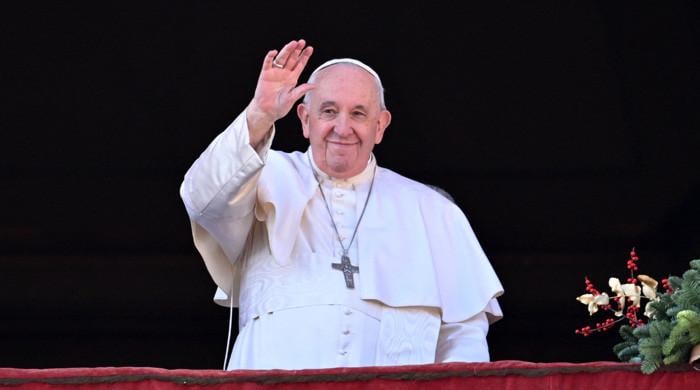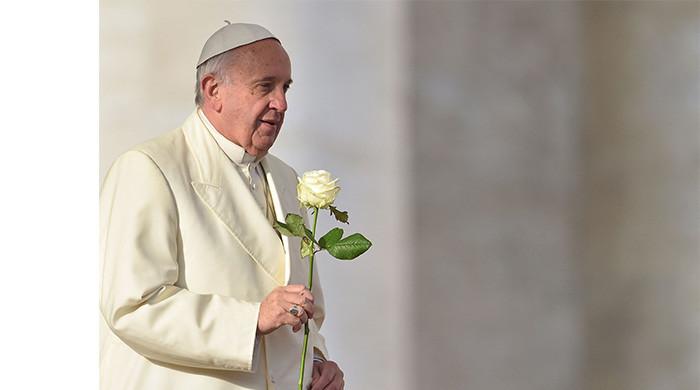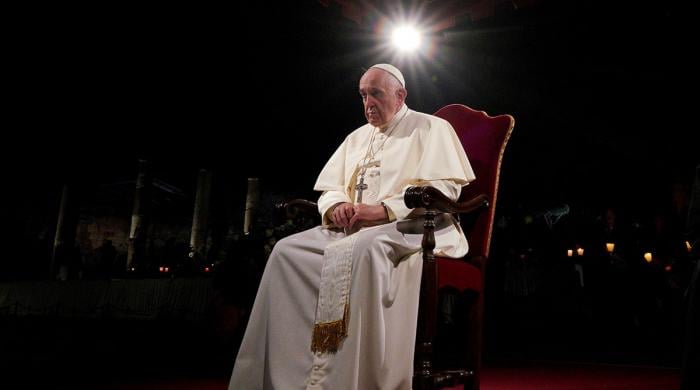Indian opposition leaders speak against revoking Article 370 and 35A
Congress leaders call it 'black day' in the constitutional history of India
August 05, 2019
A handful of opposition parties in India denounced its move to scrap special status of occupied Kashmir through abolishing Article 370 and 35A.
Ally of the ruling Bhartiya Janta Party, Janata Dal United under Nitish Kumar, said that the bill lacked consensus. Another leader from the party said it is boycotting the bill, as per a Hindustan Times report.
Rival party to the BJP, Congress criticised the move and called it a ‘black day’ in the history of India’s constitution.
Congress leader P Chidambaram said “We anticipated a misadventure, but did not think in our wildest dreams that they will take such a catastrophic step.” “Today is a black day in the constitutional history of India.”
According to Indian publication First Post, Congress leader Kapil Sibal asked the ruling party why was it in such a hurry to pass the bill.
Punjab Chief minister Amarinder Singh said that abolishing the Article 370 unilaterally, without consulting the Kashmiri people is against the essence of the Constitution.
Polit Bureau member Kavita Krishnan tweeted on the subject calling the move against the Constitution.
“Presidential Order on J&K is Modi Govt coup against Constitution. Demonetisation was no solution to black money - this coup is no solution for Kashmir. Emergency's midnight knock has reached Kashmir - will soon reach the whole of India. Joint protest at 3 pm, Jantar Mantar today,” she tweeted.
The Indian government on Monday rushed through a presidential decree to abolish Article 370 of the Constitution which grants special status to Indian occupied Kashmir, as tensions mounted in the disputed valley with unprecedented numbers of Indian troops deployed in the region.
Indian Home Minister Amit Shah introduced a resolution to scrap Article 370 in Rajya Sabha earlier today, which would revoke the special status granted to occupied Kashmir and make the state a Union Territory with the legislature.
The occupied valley would be bifurcated into two Union territories – Jammu and Kashmir, which will have a legislature, and Ladakh, which will be without a legislature, he said, amid uproar from the opposition in the Upper House.











